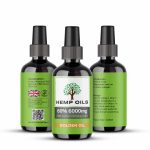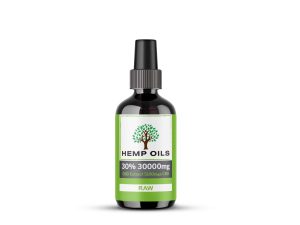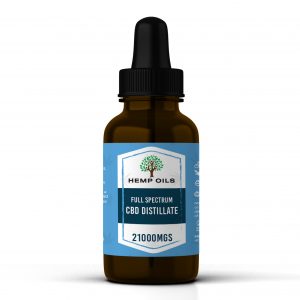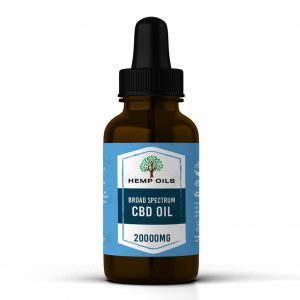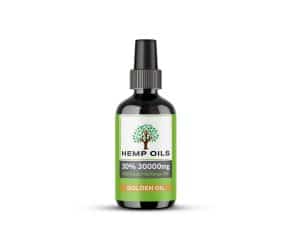Hemp oil, also known as hempseed oil, has gained popularity in recent years due to its numerous health benefits. Derived from the seeds of the hemp plant, hemp oil is rich in essential fatty acids and other beneficial compounds. This article will explore the origins of hemp oil, the methods used to cultivate and extract it, as well as its various uses and benefits.
What Is Hemp Oil?
Hemp oil is a natural oil extracted from the seeds of the hemp plant, scientifically known as Cannabis sativa. Unlike its close cousin, marijuana, hemp oil contains very low levels of tetrahydrocannabinol (THC), the psychoactive compound responsible for the "high" associated with cannabis. Instead, hemp oil is prized for its high concentrations of essential fatty acids, such as omega-3 and omega-6, as well as vitamins, minerals, and antioxidants.
The Origins of Hemp Oil
Hemp oil has a rich history that dates back thousands of years. It is believed to have originated in Central Asia and has been used for various purposes throughout different cultures. Ancient civilizations from China to Egypt utilized hemp oil for its medicinal properties, as well as for making textiles, paper, and even food. Today, hemp oil is produced in many countries worldwide, with leading producers including Canada, China, and the United States.
Hemp Cultivation and Extraction Methods
Hemp plants are typically grown outdoors, as they can thrive in different climates and require minimal use of pesticides and herbicides. The cultivation process involves planting seeds in nutrient-rich soil, ensuring proper irrigation, and controlling pests naturally. Once the hemp plants reach maturity, the seeds are harvested and cold-pressed to extract the oil. Cold-pressing is a method that involves crushing the seeds under low heat and pressure to preserve the nutritional value of the oil.
The Benefits and Uses of Hemp Oil
Hemp oil offers a wide range of health benefits due to its rich nutritional profile. The high content of essential fatty acids makes it beneficial for supporting cardiovascular health, reducing inflammation, and promoting brain function. Additionally, hemp oil contains antioxidants that help protect the body against free radicals and oxidative stress. It is also used in skincare products for its moisturizing and anti-inflammatory properties, which can help soothe dry or irritated skin conditions such as eczema.
Hemp oil is commonly used as a dietary supplement and can be added to smoothies, salads, or taken directly as a tincture. It is also a popular ingredient in natural health and beauty products, including lotions, soaps, and hair care products. Due to the low THC content, hemp oil is legal in many countries and can be found in health food stores, online retailers, and even some supermarkets.
In conclusion, hemp oil is a versatile and beneficial product derived from the seeds of the hemp plant. With its rich nutritional profile and potential health benefits, it has become a popular choice for those seeking natural remedies and holistic wellness. From its ancient origins to modern cultivation and extraction methods, hemp oil continues to be a staple in various industries, while its potential for medicinal and therapeutic applications is being further explored.
